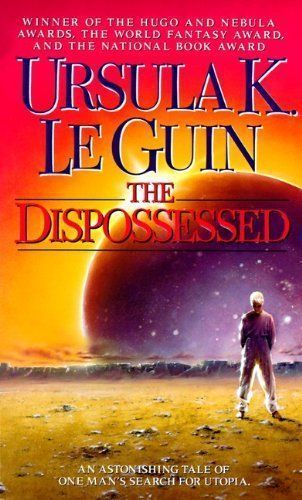
Reviews
Frederik De Bosschere@freddy
Amira BEN@amirasreading
Patrick Book@patrickb
Sarah Sammis@pussreboots
Q@qontfnns
Jay Harris@jayharris
Sésame@sesame
Stephen Campbell@stephencampbll
Liam Richardson@liamactuallyreads
Bo Jeanes@bjeanes
Alex @alex_lit_posting
Michael Springer@djinn-n-juice
Gavin@gl
Jay Harris@jayharris
ryan page@ryanpages
Kelsey Lynn@abibliophagist
Ri Liu@riblah
Adam@adam
p.@softrosemint
vins@mortalatte
Azrael Montana@azrael
Nicholas Hanemann@nick_h
Pat G.@badsleeper
Alexia Cambaling@alexiacambaling
Highlights
Alp@alp
Ivar K. @ivar
Page 366
Edward Steel@eddsteel
Edward Steel@eddsteel
Edward Steel@eddsteel
Edward Steel@eddsteel
Edward Steel@eddsteel
Edward Steel@eddsteel
Edward Steel@eddsteel
Edward Steel@eddsteel
里森@lisson
里森@lisson
里森@lisson